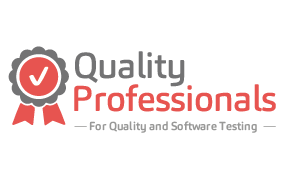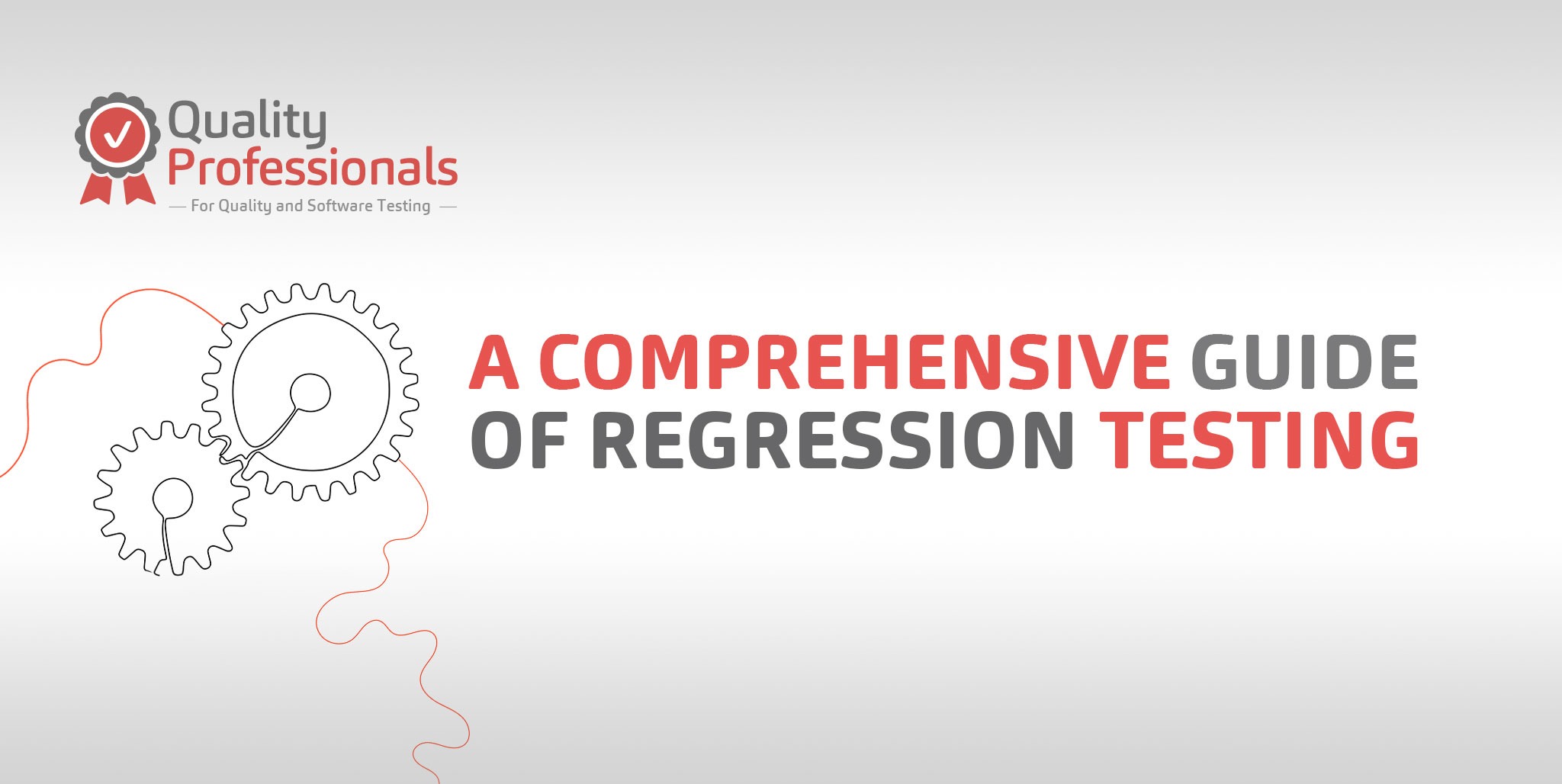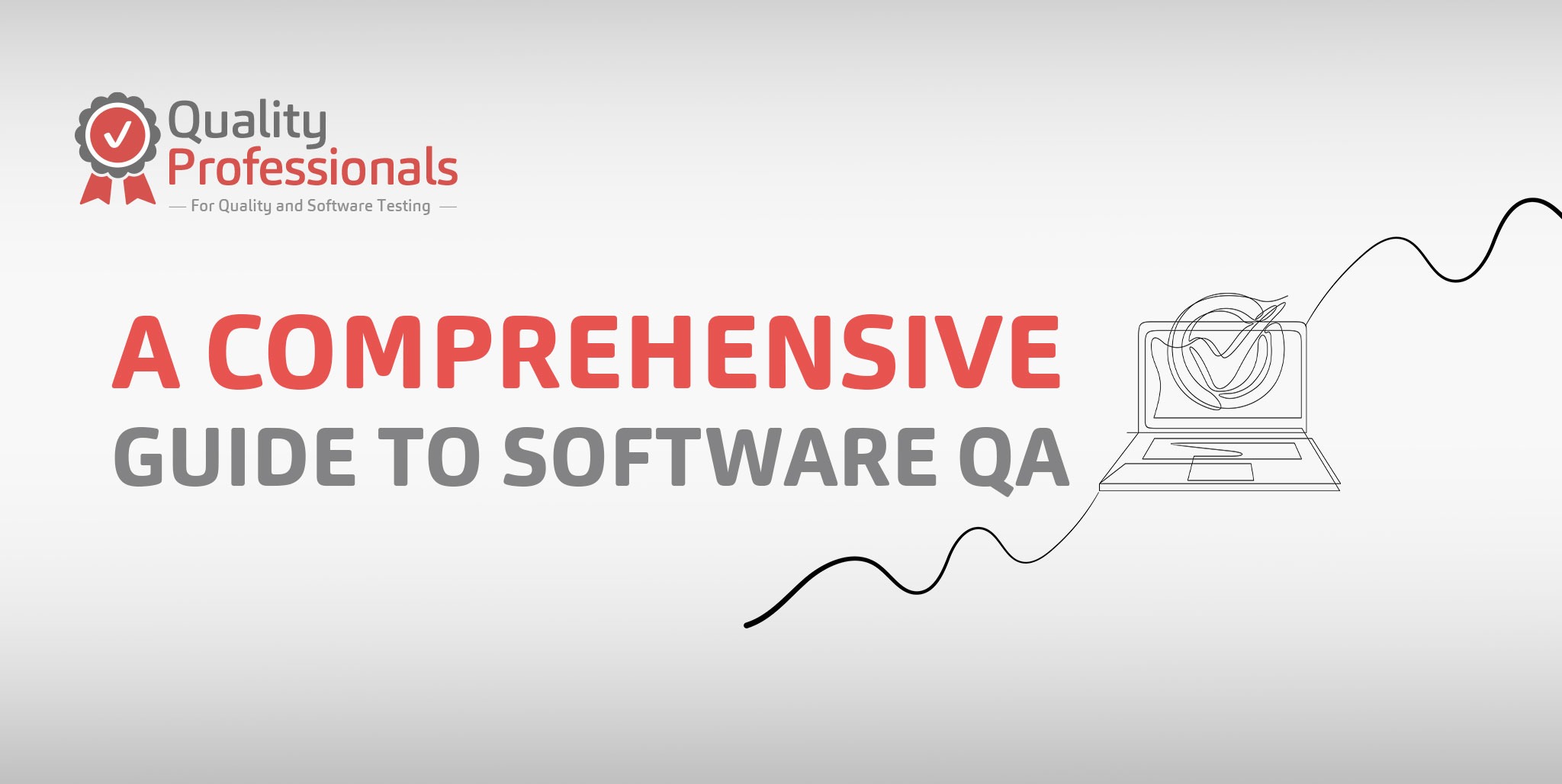Websites, nowadays, are considered the virtual face of any company,and as everyone tries to make the best first impression upon every encounterwith someone new, websites are the same, as they must be pleasantand engaging to impress and capturethe visitors’ attention in a way that leads theminto exploring the pages and the services provided on the platform. However, it doesn’t only revolve around the outer look,websites also must always remain secure as cyber threats continue to evolve.ContentWhy Software Security is ImportantSoftware Types Your Business Website Must Have 1. Why Security Software is Important Security Software is important for many reasons: 2. Software Types Your Business Website Must Have In light of the ceaseless cyber threats, the tools and software used to protect and defend the security of websites are vast and their development is a never-ending process. Below are 10 types of security software, each with different functionality and serving different purposes.Antivirus Software:Antivirus software programs are used to scan and prevent viruses, Trojans, and many other software threats. Such programs will help prevent malware from destroying systems.Firewall Software:Firewall is software that can be installed on hardware and software. It uses predefined security rules to track and control the data transferred through the network. Firewalls are considered the defending wall between a computer or network and potential external threats.Encryption Software:Encryption software works on converting the stored data or even the data in transit from readable to unreadable format. This protects the data from being breached with one more layer that only allows authorized access.Intrusion Detection Systems (IDS):IDS is a network security technology that helps detect unauthorized access, abnormal activities, and potential threats. This type of technology helps in early detection of threats since it works on analyzing patterns and identifying abnormalities.Virtual Private Network (VPN) Software:Virtual Private Network or as it is widely known - VPN is the kind of software that is mainly associated with online privacy. VPN usage is essential to protect one’s communications and information especially when connected to a public Wi-Fi since this software creates secure tunnels to transfer information.Identity and Access Management (IAM) Software:From the name given to this solution, we can understand that it is developed to identify and manage access given on a system. The process of authentication, authorization, and management of user identities this software includes ensures that only the individuals authorized have the right level of access to data.Security Information and Event Management (SIEM) Software:This security software type is a combination of Security Information Management (SIM) and Security Event Management (SEM). This combination of systems offers an inclusive analysis of security incidents. This software enables real-time threat recognition, quick incident response, and compliance management.Patch Management Software:The patch management software works on identifying, deploying, and verifying security patches to keep operating systems and applications up to date with latest available patches. Such software helps with the constant eliminating of threats even before attacking.Endpoint Security Software:Endpoint security software works on protecting and securing endpoints or entry points of the organization’s devices such as computers, mobile devices, and servers. This solution will aid in detecting malware, phishing attacks, and many other threats using antivirus protection, firewalls, and device control.Web Application Firewalls (WAF):This solution works on preventing attacks against the application level by filtering and monitoring HTTP traffic between a web application and the internet. It protects the application from threats like SQL injection, cross-site scripting, cross-site forgery, and file inclusion, among many others. Conclusion To conclude, implementing and integrating security software is essential to keep data and connections secure. Q-Pros Company helps create a defense line against evolving cyber threats and risks. Request a Service ...
Read Moresoftware testing
In the rapidly evolving landscape of software development, ensuring the quality of your product is paramount. As businesses strive to deliver seamless and bug-free software, the demand for QA (Quality Assurance) consulting companies has surged. This article explores the crucial role these companies play in optimizing software quality and highlights the key aspects of QA consulting. Read on to discover how partnering with QA experts, such as Quality Professionals, can elevate your software development process. The Significance of QA Consulting Companies: Expertise and Specialization: QA consulting companies bring a wealth of expertise and specialization to the table. With a focus on quality throughout the development life cycle, these companies employ seasoned professionals who are well-versed in the latest industry standards and best practices. Quality Professionals, with its dedicated team of QA specialists, stands out in this regard. Comprehensive Testing Strategies: QA consulting companies employ comprehensive testing strategies to identify and rectify potential issues at every stage of development. This includes functional testing, performance testing, security testing, and more. By implementing thorough testing protocols, these companies ensure that the final product meets the highest standards. Cost-Effective Solutions: Outsourcing QA services to a consulting company like Quality Professionals can be a cost-effective solution. These companies often have the necessary tools, resources, and infrastructure in place, saving businesses from the financial burden of establishing an in-house QA team. Adaptation to Latest Technologies: The tech landscape is constantly evolving, and so are the tools and technologies used in software development. QA consulting companies stay abreast of the latest advancements, ensuring that your software is tested using state-of-the-art tools and methodologies. Risk Mitigation: QA consulting companies play a crucial role in risk mitigation. Through thorough testing, they identify and address potential issues before they escalate, minimizing the risk of post-release defects. This proactive approach contributes to a more stable and reliable software product. In the fast-paced world of software development, QA consulting companies have emerged as indispensable partners in the pursuit of delivering flawless and high-quality applications. Let's delve deeper into the core functions of these companies, shedding light on the specialized services they offer to enhance the software development life cycle. Tailored Testing Strategies: QA consulting companies understand that each software project is unique, and one-size-fits-all testing approaches fall short. These firms excel in crafting tailored testing strategies that align with the specific needs and intricacies of each project. Whether it's a web application, mobile app, or enterprise software, QA consultants, including those at Quality Professionals, meticulously design testing plans that address the nuances of the software under examination. Test Automation Excellence: In an era where efficiency and speed are paramount, QA consulting companies leverage test automation to streamline the testing process. Automation not only accelerates testing cycles but also enhances the accuracy of test results. Quality Professionals, as a leading QA consulting firm, boasts expertise in implementing robust automation frameworks, ensuring optimal test coverage while minimizing manual intervention. Continuous Integration and Continuous Testing: QA consulting companies embrace the principles of continuous integration and continuous testing to promote a seamless and iterative development process. By integrating testing into the development pipeline, these firms facilitate early bug detection, enabling faster bug resolution and ensuring that software remains consistently reliable. Quality Professionals understands the importance of continuous testing in the agile development landscape and offers tailored solutions to integrate testing seamlessly into the development life cycle. Security and Performance Testing: Given the escalating cybersecurity challenges and the rising need for high-performance applications, QA consulting companies prioritize security and performance testing. These firms employ cutting-edge tools and methodologies to identify vulnerabilities, ensuring that software is not only functional but also robust and secure. Quality Professionals specializes in comprehensive security and performance testing, providing clients with the confidence that their applications can withstand real-world challenges. Collaboration and Communication: Effective communication and collaboration are at the heart of successful QA consulting. QA consultants work closely with development teams, project managers, and stakeholders to gain a deep understanding of project requirements. This collaborative approach ensures that QA efforts are aligned with business goals and that potential issues are identified and addressed promptly. Training and Skill Development: To stay at the forefront of industry trends and technologies, QA consulting companies invest in the continuous training and skill development of their teams. Quality Professionals, for instance, fosters a culture of learning and development, ensuring that its QA specialists are equipped with the latest tools and techniques to deliver unparalleled quality assurance services. Conclusion: In conclusion, QA consulting companies play a pivotal role in elevating software quality by leveraging their expertise, employing comprehensive testing strategies, and staying abreast of the latest technologies. Quality Professionals, with its commitment to excellence and cost-effective solutions, stands as a reliable partner for businesses seeking to optimize their software development process. Embrace the power of QA consulting to ensure your software not only meets but exceeds user expectations. FAQs about QA Consulting and Quality Professionals: Q1: Why is QA consulting important for software development? A1: QA consulting ensures that software meets the highest quality standards by employing comprehensive testing strategies, reducing the risk of defects, and optimizing the development process. Q2: How does Quality Professionals stand out among QA consulting companies? A2: Quality Professionals distinguishes itself through its team of seasoned QA specialists, commitment to staying updated on the latest technologies, and providing cost-effective solutions for businesses of all sizes. Q3: Can QA consulting companies adapt to the specific needs of my project? A3: Yes, reputable QA consulting companies, including Quality Professionals, tailor their services to meet the unique requirements of each project, offering flexibility and scalability. Q4: Is outsourcing QA services cost-effective? A4: Outsourcing QA services to companies like Quality Professionals can be cost-effective, as it eliminates the need for businesses to invest in infrastructure, tools, and a dedicated in-house QA team. Request a Service ...
Read MoreIn today's competitive marketplace, ensuring the quality of products, services, and processes is crucial for businesses to thrive. Quality assurance (QA) plays a pivotal role in achieving this goal by identifying and eliminating defects before they reach customers. One of the fundamental aspects of QA is testing, which involves evaluating a system or component against defined requirements and expectations. Test Basic: The Foundation of Quality Assurance Test basic is the cornerstone of effective quality assurance (QA). It encompasses a set of fundamental principles and practices that guide the process of testing software, products, or services to ensure they meet the desired quality standards. A strong foundation in test basic is essential for any QA professional or individual involved in testing activities. The Importance of Test Basic Test basic plays a crucial role in achieving several critical objectives: Defect Prevention: Early defect detection is paramount in preventing costly rework and potential product failures. Test basic promotes a proactive approach to identify and eliminate defects early in the development cycle, minimizing their impact on the project and ensuring product quality. Process Efficiency: Well-defined test basic practices streamline the testing process, reducing redundancies and minimizing the time spent on defect resolution. This efficiency translates into improved productivity and cost savings. Risk Mitigation: Effective testing mitigates risks associated with software defects and product failures. By identifying and addressing potential issues early on, businesses can protect their reputation, maintain customer satisfaction, and avoid costly liabilities. Quality Assurance: Test basic serves as the foundation for ensuring that products and services meet the desired quality standards. It provides a structured approach to evaluate and validate software functionality, performance, security, and usability. Key Elements of Test Basic Test Planning: Test planning involves defining the scope of testing, identifying test objectives, and establishing a testing schedule. It ensures that testing efforts are aligned with overall project goals and resource allocation. Test Design: Test design involves creating test cases, which are step-by-step procedures for evaluating specific functionalities or requirements. Test cases should be comprehensive, unambiguous, and repeatable to ensure thorough testing. Test Execution: Test execution involves running test cases and recording the results. It requires careful attention to detail, adherence to test procedures, and the ability to identify and document defects. Test Reporting: Test reporting involves summarizing test results, highlighting identified defects, and providing recommendations for corrective actions. It serves as a communication tool to inform stakeholders about the quality status of the system or component under test. Benefits of Test Basic Reduced Defects: Effective testing helps identify and eliminate defects early in the development cycle, preventing them from reaching customers and causing costly rework or reputational damage. Improved Quality: Proper testing ensures that products and services meet customer expectations and industry standards, enhancing overall quality and user satisfaction. Increased Efficiency: Test basic promotes efficient testing practices, reducing redundant testing efforts and minimizing the time spent on defect resolution. Enhanced Productivity: By preventing defects from reaching production, testing contributes to improved productivity and reduced downtime. Reduced Costs: Early defect detection through testing can significantly lower the cost of fixing defects compared to addressing them later in the development cycle. Test Basic in Practice Test basic is not a rigid set of rules but rather a collection of guiding principles that can be adapted to specific testing scenarios. The application of test basic varies depending on the type of testing, the complexity of the system under test, and the available resources. Quality Professionals: Your Trusted Partner in Quality Assurance At Quality Professionals, we understand the importance of test basic and its impact on achieving quality outcomes. Our experienced team of QA professionals provides a comprehensive range of testing services, from test planning and design to test execution and reporting. We utilize industry-standard best practices and tools to ensure that your products and services meet the highest quality standards. Partner with Quality Professionals today to experience the benefits of test basic and elevate your organization's quality assurance practices. Request a Service ...
Read MoreERP Testing: Enterprise Resource Planning (ERP) systems have become the backbone of modern businesses, integrating various processes and functions into a unified platform. The successful implementation and ongoing operation of an ERP Testing are crucial for organizations aiming to streamline their operations and enhance efficiency. To ensure the seamless functionality of ERP systems, comprehensive testing is essential. In this article, we'll explore the ins and outs of ERP systems, delving into why it's indispensable for ensuring the smooth operation of these intricate business solutions. Understanding ERP Testing ERP Testing are comprehensive software solutions designed to integrate and manage core business processes such as finance, human resources, supply chain, and customer relationship management. These systems provide a centralized database and a unified view of data, fostering collaboration and informed decision-making across the organization. Test Planning The foundation of effective ERP testing lies in meticulous planning. Test planning involves defining the testing scope, objectives, resources, and timelines. It identifies the different types of testing required, such as functional, integration, performance, and security testing. This phase sets the roadmap for the entire testing process, ensuring that each aspect of the ERP system is thoroughly examined. The Need for ERP Testing Implementing an ERP Testing involves complex configurations, data migrations, and integrations with existing systems. ERP systems is a critical step in the ERP implementation life cycle, encompassing various testing types to validate different aspects of the system. Here's why ERP testing is indispensable: Data Accuracy and Integrity ERP Testing relies heavily on accurate data for their functionality. Testing ensures the accuracy and integrity of data throughout the migration and integration processes, preventing data discrepancies that could lead to operational issues. Functional Testing ERP Testing comprises numerous modules, each catering to specific business functions. Functional testing validates that each module performs as intended, from financial transactions to inventory management, ensuring that critical business processes are not compromised. Integration Testing Integrating an ERP Testing with existing applications is common, and integration testing is vital to ensure seamless communication between different components. This type of testing identifies and addresses any issues that may arise when data flows between integrated systems. Performance Testing The performance of an ERP Testing is critical for its day-to-day operations. Performance testing assesses how the system handles a specific workload, ensuring that response times meet user expectations, and the system can scale to accommodate growing data and user volumes. Security Testing Given the sensitive nature of the data managed by ERP Testing, security testing is paramount. This includes testing user access controls, encryption protocols, and vulnerability assessments to safeguard against potential security threats. User Acceptance Testing (UAT) UAT involves end-users validating the system to ensure it meets their requirements and expectations. This phase is crucial for identifying usability issues, verifying that the system aligns with business processes, and gaining user confidence in the ERP system. Regression Testing As ERP Testing evolves with updates and enhancements, regression testing ensures that new changes do not adversely affect existing functionalities. It helps maintain the stability of the system and prevents unintended consequences from updates. Scalability Testing Organizations grow, and so do their data and user volumes. Scalability testing assesses the ERP systems ability to handle increased loads, ensuring that performance remains optimal as the business expands. Disaster Recovery Testing Planning for unforeseen events is a crucial aspect of ERP testing. Disaster recovery testing ensures that the ERP system can be quickly restored in the event of a system failure or data loss, minimizing downtime and potential business disruptions. Documentation Comprehensive documentation is an integral part of ERP testing. This includes documenting test plans, test cases, test results, and any issues identified and resolved during the testing process. Well-documented testing artifacts serve as a valuable resource for future reference, audits, and continuous improvement of the ERP system. Conclusion In the intricate landscape of ERP systems, thorough testing is not merely a formality but a strategic necessity. ERP testing, encompassing various dimensions from data integrity to security and scalability, ensures that these complex systems operate seamlessly, supporting the day-to-day operations of organizations. By investing in comprehensive ERP systems, businesses can mitigate risks, enhance user satisfaction, and derive maximum value from their ERP investments, ultimately contributing to the efficiency and success of their overall operations. Request a Service...
Read MoreRegression testing is an essential part of the software development lifecycle (SDLC), and it plays a vital role in ensuring the quality of software products. It is the process of re-executing a subset of test cases that have already been executed to ensure that the software still works as expected after changes have been made. Why is regression testing important? Regression testing is important because it helps to prevent the introduction of new bugs into the software when changes are made. Changes can be made to fix bugs, add new features, or improve performance. However, any change to the code can potentially introduce new bugs. Regression testing helps to identify these new bugs early on, so that they can be fixed before the software is released to customers. When should regression testing be performed? Regression testing should be performed whenever changes are made to the software, including: Bug fixes New features Performance optimizations Configuration changes Database changes Third-party library updates Types of regression testing There are two main types of regression testing: Unit regression testing: This type of testing is performed on individual units of code, such as functions or classes. Integration regression testing: This type of testing is performed on multiple integrated units of code to ensure that they work together correctly. Regression testing techniques There are a number of different regression testing techniques that can be used, depending on the type of software and the changes that have been made. Some common regression testing techniques include: Re-executing existing test cases: This is the most basic regression testing technique, and it involves re-executing a subset of the test cases that have already been executed. The test cases that are selected for re-execution should be based on the areas of the software that are most likely to be affected by the changes. Risk-based regression testing: This technique involves prioritizing the regression testing effort based on the risk of regression. The risk of regression is determined by a number of factors, such as the complexity of the changes, the history of the code, and the impact of the changes on the overall system. Record and playback testing: This technique involves recording user interactions and then playing them back to verify that the software still works as expected. This technique is often used to test user interfaces and complex business processes. Regression testing tools There are a number of different regression testing tools available, both commercial and open source. Some popular regression testing tools include: Selenium Appium TestNG JUnit Tricentis Tosca Regression testing best practices Here are some best practices for regression testing: Create a regression testing plan: This plan should document the scope of the regression testing, the test cases to be executed, and the expected results. Automate the regression tests: Automated regression testing can help to save time and reduce the risk of human error. Use a regression testing tool: A regression testing tool can help to manage the regression testing process and track the results. Perform regression testing regularly: Regression testing should be performed regularly, especially after any changes are made to the software. How Quality Professionals can help you with regression testing Quality Professionals is a leading provider of software testing services, including regression testing. We have a team of experienced regression testers who can help you to: Identify the areas of your software that are most at risk of regression. Develop and execute regression test cases. Analyze the results of the regression testing and identify any new or existing bugs. Provide you with a comprehensive report on the findings of the regression testing. Quality Professionals can help you to improve the quality of your software and reduce the risk of releasing buggy products to your customers. Contact us today to learn more about our regression testing services. Conclusion Regression testing is an essential part of the SDLC, and it plays a vital role in ensuring the quality of software products. By following the best practices outlined in this guide, you can ensure that your regression testing is effective and efficient. If you need help with regression testing, Quality Professionals can provide you with the expertise and resources you need to get the job done right. https://q-pros.com/online-test-request/...
Read More





